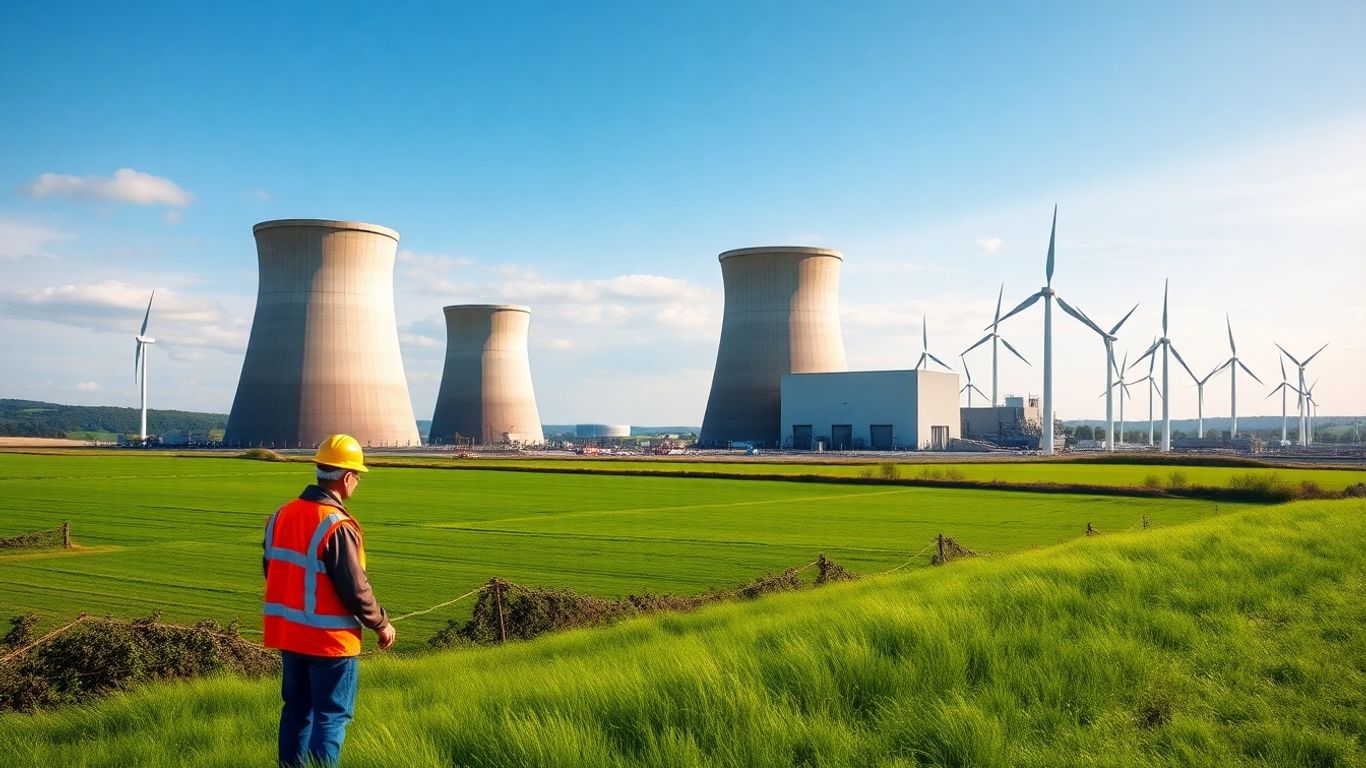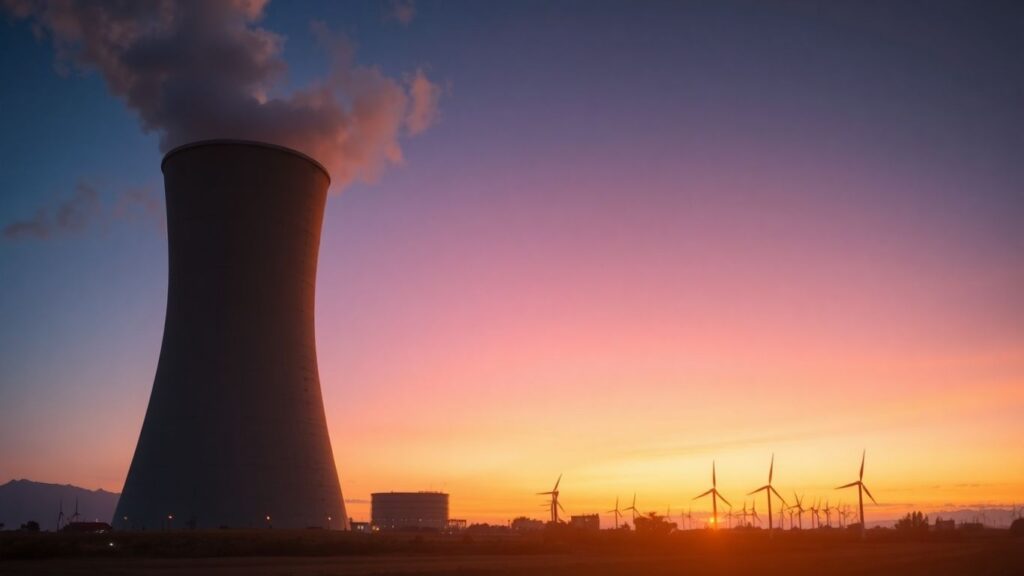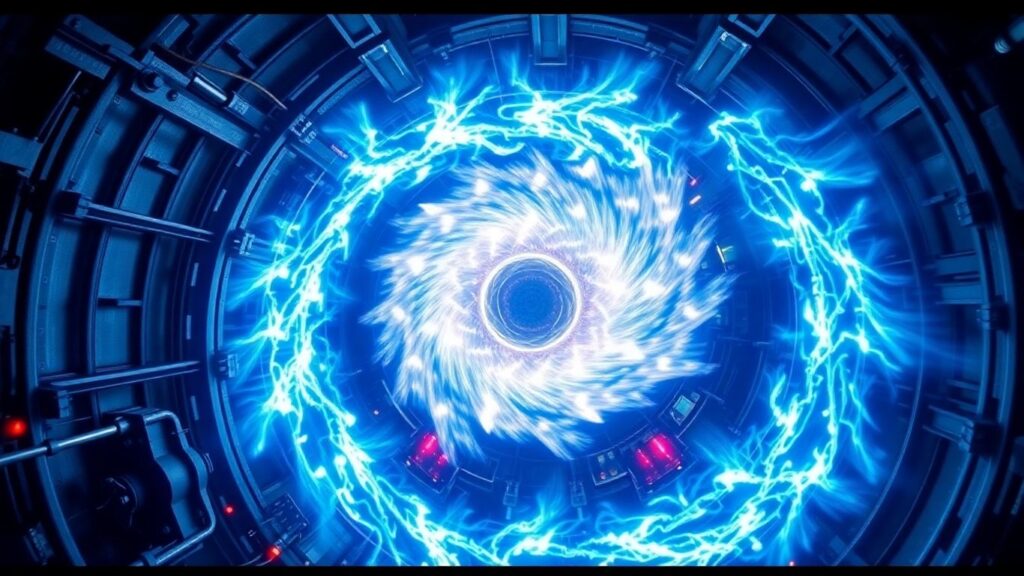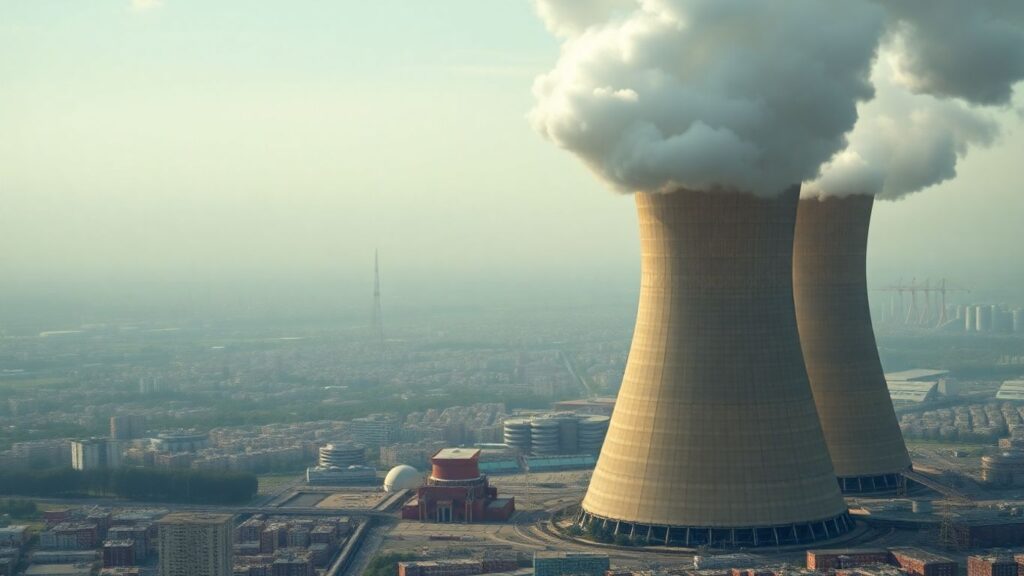The UK government has unveiled sweeping plans to revive and expand its nuclear sector, removing long-standing obstacles to new projects and investing heavily in innovative technologies. This bold move is set to boost energy security, create thousands of jobs, and advance Britain’s mission for clean, affordable power.
Key Takeaways
- Planning rules are being overhauled to enable the rapid development of both traditional and small modular nuclear reactors (SMRs).
- The final investment decision has been made to proceed with Sizewell C, a major new nuclear power plant.
- Special focus on nuclear fusion will put the UK at the forefront of next-generation energy technology.
- The government aims for nuclear to provide up to 25% of the UK’s electricity by 2050.
- Billions in public and private investments are expected to flow into the sector, supporting new jobs and high-tech industries.
Major Reform of Nuclear Planning Rules
After decades with only minimal progress, the UK is opening the door for nuclear energy to play a central role in its energy future. Outdated restrictions, including a cap on the number of nuclear sites and burdensome approval processes, are being replaced with a streamlined system. For the first time, small and advanced modular reactors are being formally included in planning frameworks, expanding both the speed and flexibility with which projects can move forward.
The reforms also remove strict geographical limits, allowing projects to be proposed at suitable sites across England and Wales. This provides manufacturers and investors the certainty needed to invest in long-term infrastructure and skills development, while maintaining high safety and environmental standards.
Sizewell C Gets the Green Light
In a historic step, the government has finalized investment in Sizewell C, a new-generation nuclear power station set to power six million homes and create 10,000 jobs at its construction peak. The plant is expected to bring significant cost savings to the national grid, supplying cleaner and more reliable electricity for at least 60 years. With this investment, the UK public becomes a co-owner in one of its most critical power assets.
The project is designed to avoid past delays by utilizing lessons from Hinkley Point C and by involving both state and significant private investment, which will help spread risk and reduce long-term energy bills for households.
Pioneering Fusion and Modular Reactor Technology
In a world-first, the UK is developing specific planning rules for nuclear fusion projects, giving developers clear and predictable pathways for approval. This should unlock innovation and allow ambitious proposals—such as the Spherical Tokamak for Energy Production (STEP)—to progress rapidly, promising a major new source of clean energy and economic growth.
The launch of Great British Nuclear (GBN) marks the start of a national competition to accelerate SMR deployment, with both homegrown and global innovators invited to participate. SMRs, which are manufactured off-site and assembled rapidly, promise to reduce costs and construction times, making nuclear accessible for more locations and industries.
Industry and National Security Benefits
As the sector expands, so too does its positive impact on jobs, skills, and national security. Accelerating domestic power production lessens the UK’s reliance on volatile global fossil fuel markets and enhances the nation’s resilience in the face of international uncertainties.
Leaders from the energy, technology, and security sectors have hailed the government’s plan as a turning point, highlighting the benefits of cleaner power, economic growth, and support for Britain’s net zero targets.
The UK’s commitment to cutting-edge nuclear technologies now places it firmly in the race for global energy leadership—brightening the nation’s prospects for decades to come.












